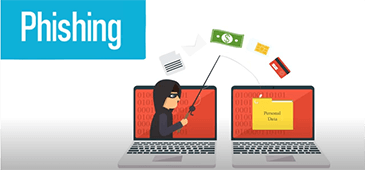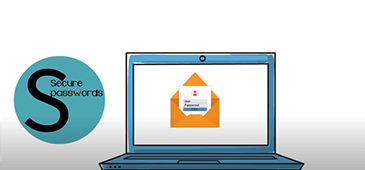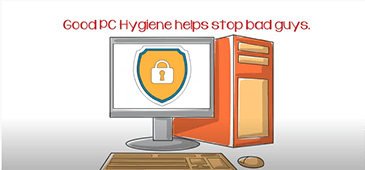Fraud Awareness
While fraud can happen to anyone, there are steps you can take to protect yourself. Stay aware of potential scams by telephone, mail, text messages, and online. By recognizing the signs of fraud, you can confidently take action to protect yourself. Remember, you have the power to Recognize, Reject, and Report fraud.
Tips to Help Protect Yourself From Fraud:
Exercise Caution
- Be wary of unexpected emails or messages, especially those urging immediate action or containing links.
- Avoid clicking on links to websites or downloading attachments from unknown sources.
- Verify requests for personal information. Legitimate companies won’t ask for sensitive information like passwords or PINs through email or text.
- Government agencies, including the CRA and RCMP, do not use e-Transfer or text messages to communicate or notify people on rebates, etc.
- Synergy Credit Union employees will never ask you for personal information such as PINs, OTPS, or two factor authentication codes.
- Don’t use the same password for everything.
- Do not use public Wi-Fi to access online or mobile banking.
Verify Communications
- Verify the legitimacy of any communication, especially if it involves clicking on links or sharing sensitive information. Go directly to a website by typing the address yourself.
- Call the company to verify the communication, using a reference that you trust and not the contact information on the suspicious communication.
- Remember that Synergy Credit Union will never email or text to confirm your personal information.
Spread Awareness
- Share the information with your friends and family to make them aware of the increased risk.
- Highlight the importance of staying vigilant across all communication channels.
Report Suspicious Activity
- If you receive any suspicious communication or observe unusual activity, report it promptly to our Member Contact Centre at 1-866-825-3301.
- For a list of recent scams, visit the Canadian Anti-Fraud Centre.
Fraud awareness tips from our Synergy Experts
Tips for staying safe online
We want to help you make sure your information is secure. Here are 8 password tips to help you keep your accounts safe.
- Make your password long - The longer, the better – at least 12 characters is recommended, if possible. Longer passwords are harder to crack.
- Make your password a phrase - String some words together that might make it hard to crack - example is to make an acronym from a phrase such as 'My Favorite time Of The year is summer!' The password would be the first letter of each word: 'MFtOTyis!'
- Include numbers, symbols and uppercase and lowercase letters - Consider a '$' instead of an 'S' or mix in some '%' or '!'.
- Avoid using obvious personal information - Finding your daughter's name and birthday may only take a quick search on your Facebook page.
- Use multi-factor authentication - Convenience should never trump security. An extra step in accessing your account is that much more secure. Multi-factor authentication adds another layer of security, supplementing the username and password model with a code that only a specific user has access to (typically sent to something they have immediately to hand, like your mobile phone).
- Do not reuse passwords - If an account is compromised, hackers will use the successful login information in multiple places.
- Use a password manager - There are programs and services that allow you to store strong passwords for each or your sites – but you only have to remember the one password to access the service. Password managers can also provide guidance on creating strong passwords and indicate when your strong passwords should be updated.
- Keep your passwords under wraps - It might seem obvious, but scan your office to see how many people keep them on sticky notes attached to their monitor!
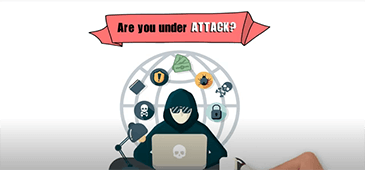
CYBER SECURITY - ATTACK
Are you under attack? Learn more more about social engineering attacks
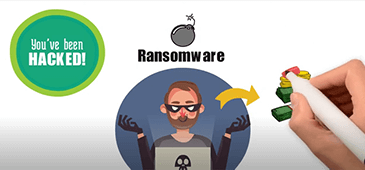
CYBER SECURITY - RANSOMWARE
You've been hacked! Learn more about ransomware and how to protect against it.
Get Cyber Safe is shining a light on all the ways the internet allowed us to stay connected and find a new "normal" in our lives. Check out some helpful resources:
You may also be interested in:
PASSWORD VS PASSPHRASE
Still using short passwords? Discover why passphrases are the smarter, safer choice!

 Search
Search







 JOIN US
JOIN US


